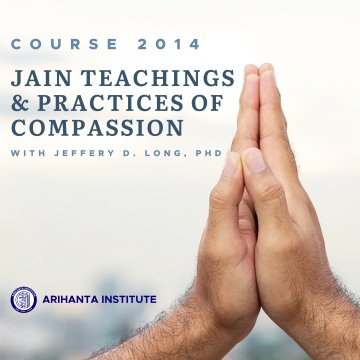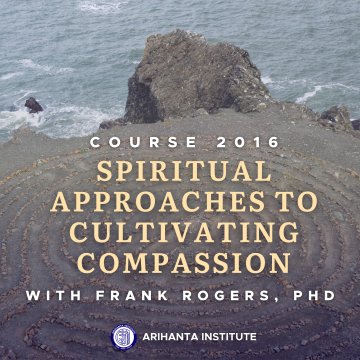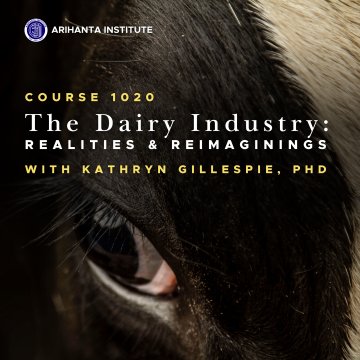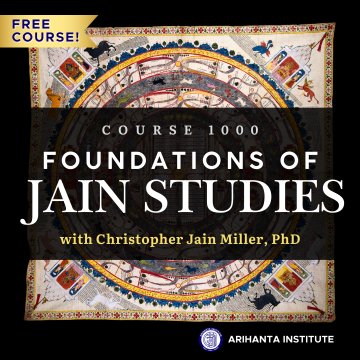14-DAY FREE TRIAL
Subscribe to Arihanta Institute’s Course Membership for unlimited access to our growing library of live and self-paced courses.










 Available for self-study on Monday, October 6, 2025.
Available for self-study on Monday, October 6, 2025.
 Available for self-study on Monday, December 1, 2025.
Available for self-study on Monday, December 1, 2025.
 Available for self-study on Monday, November 3, 2025.
Available for self-study on Monday, November 3, 2025.

 Course begins Monday, August 4, 2025 + 4 Live Zoom Q&A sessions August 8, 15, 22, and 29 at 9 a.m. PDT.
Course begins Monday, August 4, 2025 + 4 Live Zoom Q&A sessions August 8, 15, 22, and 29 at 9 a.m. PDT.


 Available for self-study on Monday, August 4, 2025.
Available for self-study on Monday, August 4, 2025.